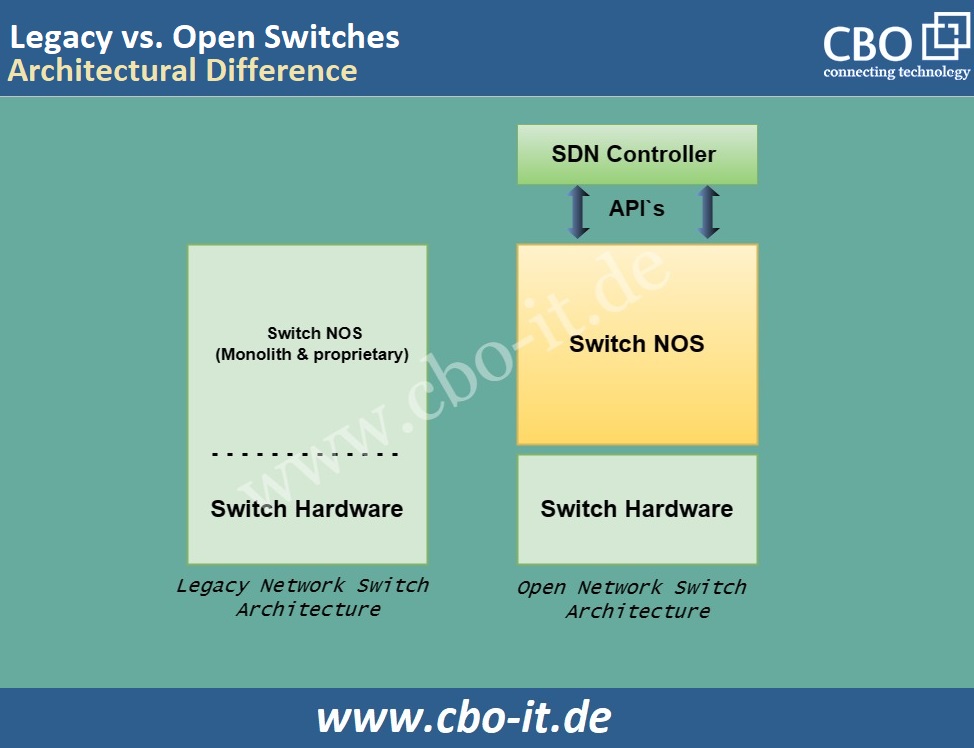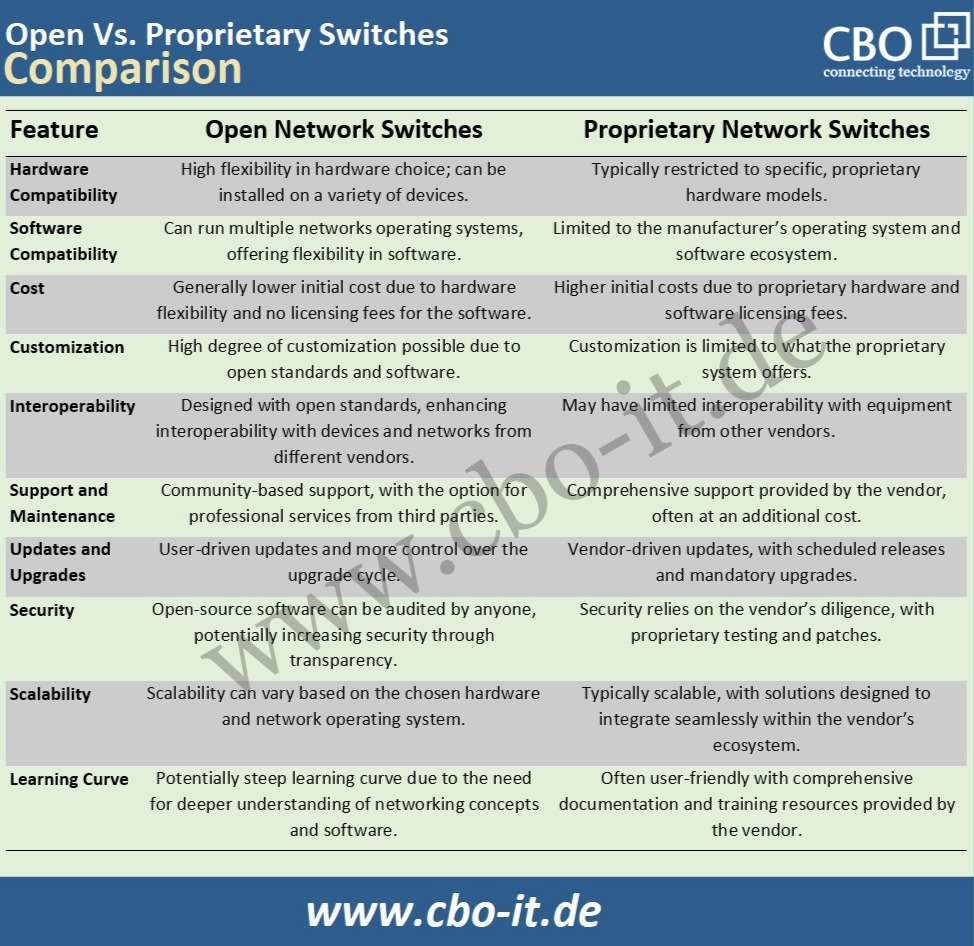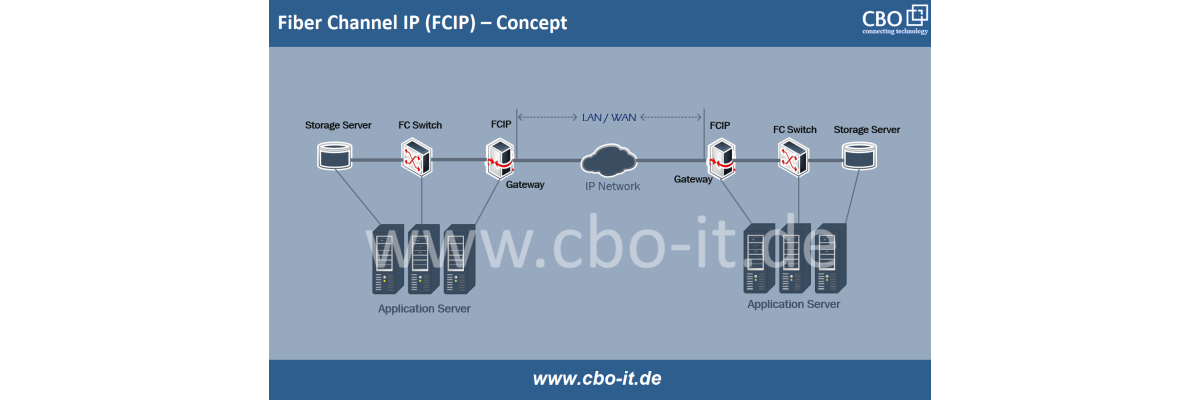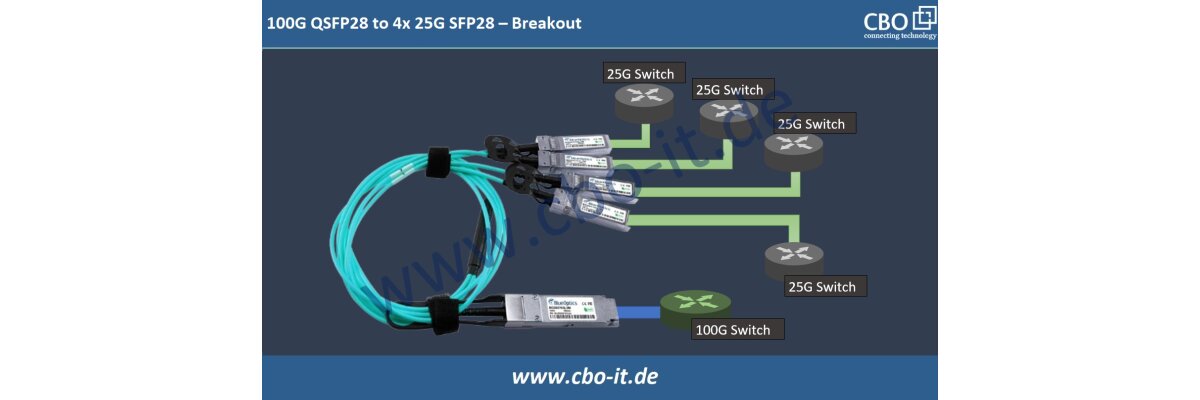Switches are one of the key decisions in setting up any network, be it for a small home office or a large enterprise.
The switches will form the background structure of your network, directing and allowing the flow of data between devices, one to the other. In this guide, we take the complex world of network switches and break it down into an easily digestible comparison: open vs. Proprietary.
What are Open and Proprietary Switches?
Open switches: are open-source software. This allows anybody in need of viewing, modifying, or improving its source code for software. They widely offer flexibility and customization, but on the same line, they need the deepest knowledge of network software.
Proprietary Switches: designed and managed by a single company. They come equipped with their own dedicated software and are more of a plug-and-play switch, easy to set up but with less flexibility in customization.
Following exhibit shows how they both differ in terms of architecture;

Flexibility vs. Simplicity
Open Switches: A World of Possibilities
Customization: Open switches are for the person who really feels a flair of making his network tailor-made for the exact requirements. You can change nearly everything.
Community Support: Run into a problem? Chances are, someone else has too, and the solution is just a forum post away. Cost-Effective: Normally, open switches are quite cheaper. But, on the other side, most likely, one may have to invest in personnel who are able to manage them.
Cost-Effective: Normally, open switches are quite cheaper. But, on the other side, most likely, one may have to invest in personnel who are able to manage them.
Proprietary Switches: Plug, Play, and Peace of Mind
Ease of Use: The proprietary switches are easy to use; most of them provide easy configurations that are often intuitive to follow, and others have their configurations carried out in an automated way.
Support and Reliability: When one buys a proprietary switch, he also buys the kind of customer support and warranties that accompany it. If something goes wrong, you have a direct line to help.
Integrated Ecosystems: In most cases, these devices work in unison with other gadgets from the same manufacturer to make sure a uniform and effective network is offered.
Open vs proprietary switches Considering Cost
Open switches are superficially cheaper, but the totality of cost has to be assessed. These costs may involve training costs, setup fees, and ongoing costs of maintenance. Proprietary switches, on the other hand, may be considered a little bit pricey at the time of purchase but are ultimately time savers and very easy to deal with.
In terms of Security and Updates
The downside is that the Open Switches are dependent on community updates, which include security patches. This is a two-edged sword. On one end, the community response is very fast to issues, but at the same time, it becomes your responsibility to deploy the fixes.
Proprietary Switches come with the advantage of automatic updates on schedule. It means that your manufacturer delivers security patches on autopilot, securing your network without any extra efforts on your side.
Making Your Choice
When deciding between open and proprietary switches, consider the following:
Skill Level: Do you or your team have the skills to manage an open switch? Well, it is very important as working with open switches involves a good level of skill and understanding in fields of both; hardware and software.
Budget: Consider not only the initial cost but also the long-term expenses associated with your switch. Open switches offer an economical option for small businesses, allowing more budget to be allocated towards growth initiatives.
Support Needs: Do you prefer having manufacturer support, or are you comfortable relying on a community? Keep in mind, access to timely support may vary, especially when relying solely on community forums
Flexibility vs. Convenience: Determine your priority between customizing your network and the ease of a plug-and-play device. Your choice will impact how well the switch integrates with your existing setup and future scalability.
In the following exhibit, you can find a detailed comparison between open and legacy or proprietary switches;

Conclusion
There's no one-size-fits-all answer when choosing between open and proprietary switches. But at the end of the day, that all really depends on your level of expertise, budget, and what you need specifically. Open switches have no equal in terms of flexibility and cost-saving for those who know, whereas proprietary switches are for the ready ease of use, reliability, and support. Consider what matters most for your network, and you'll find the switch that fits just right.
 English
English
 Deutsch
Deutsch
 Espaniol
Espaniol










